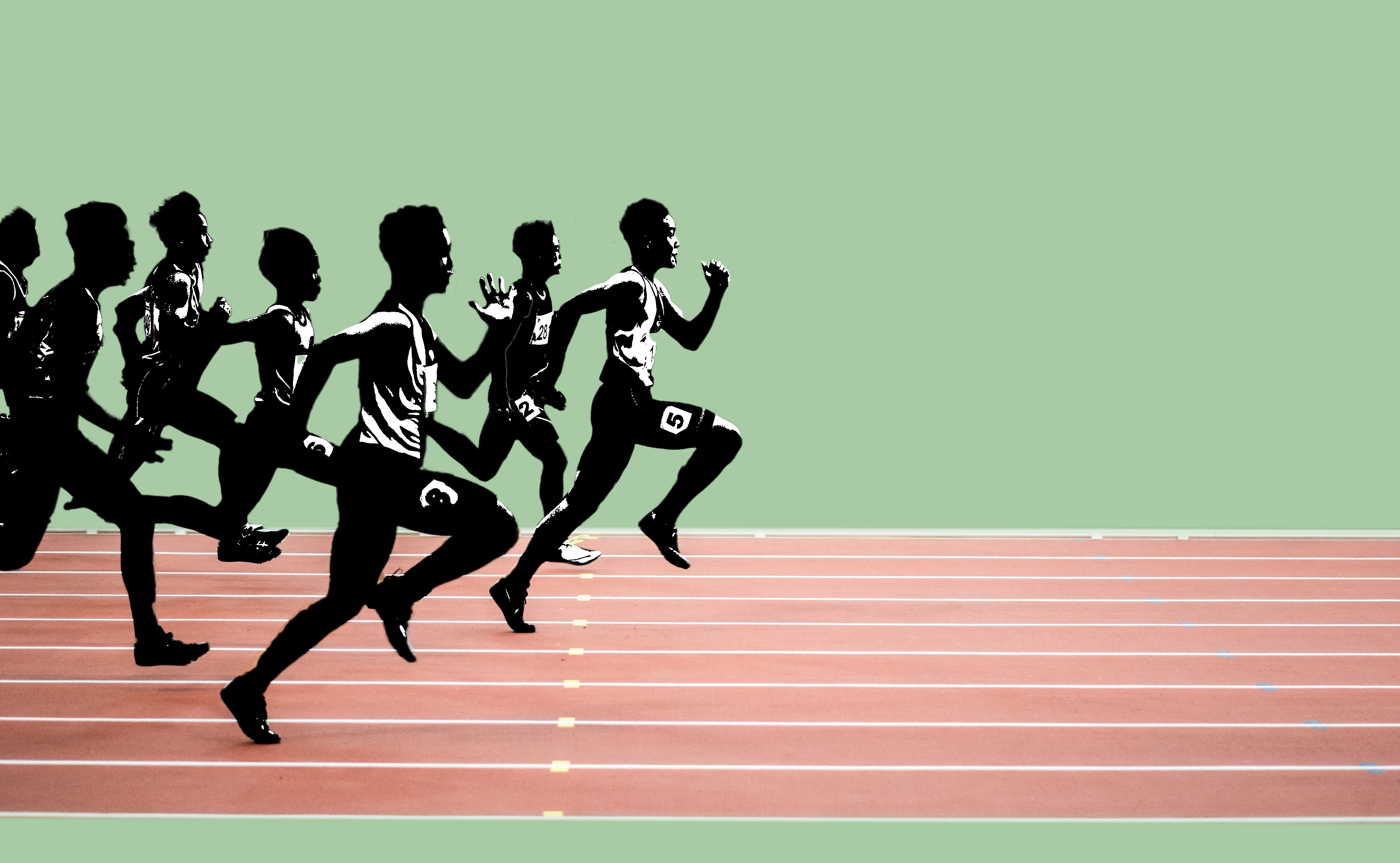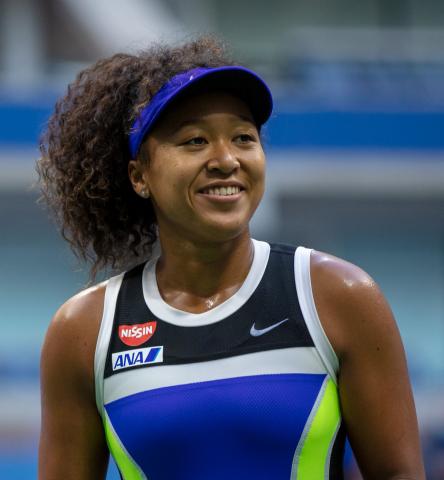Issue:
September 2021
Naomi Osaka was just one face of a changing Japan at Tokyo 2020

The Tokyo 2020 Games are over. Although the Paralympics tried hard to match the enthusiasm generated by the Olympics, they were still far from parity in terms of public interest, perceived glamour and excitement. This in no way diminished the Paralympics for the contestants, who all overcame challenges that would have held back many Olympic competitors. Rather, it reflects the time and mind-reset we all need for true inclusiveness to become not just accepted and respected, but enjoyed and anticipated with genuine excitement.
Many developing countries still struggle to make their mark at the Paralympics. Among the many challenges their athletes face is a lack of social acceptance at home. The experiences of people with disabilities are routinely overlooked, if not rendered invisible to the public eye. Hence the slow progress on inclusivity in almost all spheres of daily life.
This is why the Paralympics matter. Every four years, they drive forward, becoming a powerful force behind the advancement of the rights of people with disabilities, enabling them to play an active and relevant part in wider society. Herein lies the importance of the Paralympic Games, even though they continue to be overshadowed by the bigger, brighter “normality” associated with the Olympics.
In many ways, the Tokyo Olympics propelled Japan into the spotlight, not just in terms of international sport, but also in the sense that they sparked a sustained conversation around inclusivity and public attitudes towards people who are different.
Many people, particularly overseas, tended to cast an overly suspicious eye on Naomi Osaka’s elevation as a Japanese Olympic icon. Her appearance as the final torch bearer who lit the Olympic cauldron at the opening ceremony was seen by some as an example of national virtue signalling, a PR stunt designed to show the world how far Japan has come in making space for more relaxed definitions of Japanese identity. Not so long ago, Japan was only too quick to prevent those of us with foreign blood – or even mere foreign experiences – from not only sharing in, but even feeling we deserved a sense national pride.
Before it was revised in 1985, largely due to pressure from the international community, Japan’s nationality law did not allow children born of a Japanese mother and a foreign father to become Japanese citizens. Had Osaka come into this world in time to compete at the much-vaunted 1964 Tokyo Olympics, she could not have done so as a regular Japanese citizen. Japan’s progress since 1985 might well seem superficial to some in the international community, but it is real, and Osaka’s status as a young, female Japanese athlete of extraordinary promise and character can only strengthen the argument that Japan is moving in the right direction.

Osaka was not the only sports figure to enter Japan’s Olympic limelight at Tokyo 2020. The Japanese Olympic contingent included over 30 athletes who were the children of international marriages, still referred to by the unfeeling and crass term ha-fu. Rui Hachimura, one of the two flag bearers at the opening ceremony, has long been an athletics superstar in his own right. The basketball player’s mother is Japanese and his father is from Benin. Mixed race Japanese were among the medal winners, too, with Aaron Wolf, who has an American father, taking gold in the judo 100kg category.
But there are other athletes whom some Japanese would have regarded as even less “impure” than Wolf, Osaka, et al. Take, for example Evelyn Mawuli and her younger sister Stephanie. Not a drop of Japanese blood runs in the veins of the Mawuli sisters. Both of their parents are Ghanaians who settled in Japan and raised their daughters here. The Mawuli sisters went to Japanese schools, speak Japanese as their mother tongue and perhaps know more about this country than they do about the land of their ancestors. They represent the “new Japanese” – and they are to be celebrated, not only at the Olympics, but also among ordinary Japanese who, yet again, are far ahead of their own government in welcoming change and embracing difference.
The children of exclusively foreign parents who are born and brought up in Japan are often far more likely to experience difficulty in assimilating than those with a Japanese parent. After school, they return home not to a Japanese environment, but to a foreign one. That means they are in a weaker position than ha-fu children when it comes to discussing problems around assimilation, especially at school, where tribal loyalties and hierarchies are encouraged by a frozen educational system.
That there was not only a place in Japanese society for Evelyn and Stephanie Mawuli, but that they were also part of Japan’s Olympic team is a huge development to be welcomed and admired, but it was the exception that proves the rule. For many young Japanese, there is a long way to go.
The example of the Mawuli siblings is in many ways a much stronger indicator of change than Osaka’s elevational to national icon, as their Olympic presence demonstrates a much bigger shift in the societal and official mindsets. As a prominent member of the Japanese women’s basketball team, Evelyn earned an Olympic silver medal at Tokyo 2020. Stephanie, meanwhile, represented Japan in three-on-three basketball. When Evelyn had that silver medal placed around her neck, the emergence of a new Japan, and of a new definition of Japanese citizenship, became a reality. There was no going back.
Children with one or no Japanese parents will have been inspired more by the inclusivity demonstrated at Tokyo 2020 than by the host country’s impressive, but ultimately forgettable, medal count.
Some estimates, put the count of mixed-race children or those of foreign origin children at Japanese schools at 800,000. Most of the new Olympic heroes with these backgrounds are products of Japan’s education system – that gives us cause for hope that inclusiveness is slowly becoming embedded in the most institutionally conservative areas of Japanese life.
Members of these groups will doubtlessly continue to face bullying and intimidation, but their chances of overcoming discrimination have been strengthened. Time is at last on their side. This is probably one of the most significant consequences of Tokyo 2020, supported by the quieter, but no less unstoppable, march of the Paralympic movement.
Monzurul Huq is Tokyo bureau chief of Prothom Alo, the leading national daily of Bangladesh. He joined the FCCJ more than two decades ago and was president in 2009-2010.

